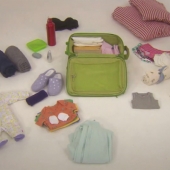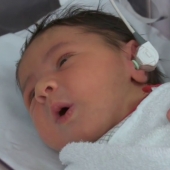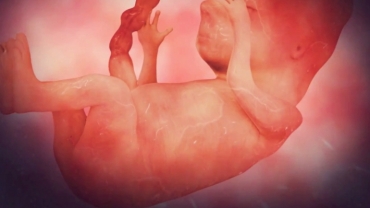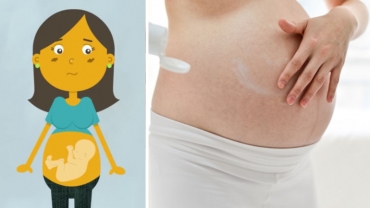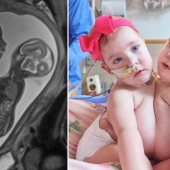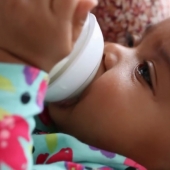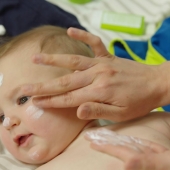Is your baby getting enough iron? He needs it to protect against anemia, a condition that reduces the body's ability to carry oxygen. If your baby has anemia, you may not know it because most babies have no symptoms at all.
In severe cases, he may have pale or gray skin and seem irritable, weak, and tired. Rarely, you may notice shortness of breath or swollen hands and feet. The American Academy of Pediatrics recommends a simple blood test to check for anemia between 9 and 12 months of age. However, your baby may be at risk of anemia if he falls into one of these three categories; if he's born prematurely.
Infants get most of their iron stores from you during the last trimester. Babies born early don't have as much time to accumulate iron. He's exclusively breastfed for more than four months.
At first, babies get iron from the stores they absorb in utero. After four months, they need a supplement until they are old enough to eat foods rich in iron. Infant formula is fortified with iron, so formula- fed babies do not need extra supplement.
Finally, if he drinks cow's milk during the first year, he'll have an increased risk of anemia. Cow's milk has very little iron and makes it harder for your child to absorb iron from other sources. Don't offer it to your child until after his first birthday. And when you start solids, make sure you offer meat and foods with added iron such as cereal.
- 106 views


